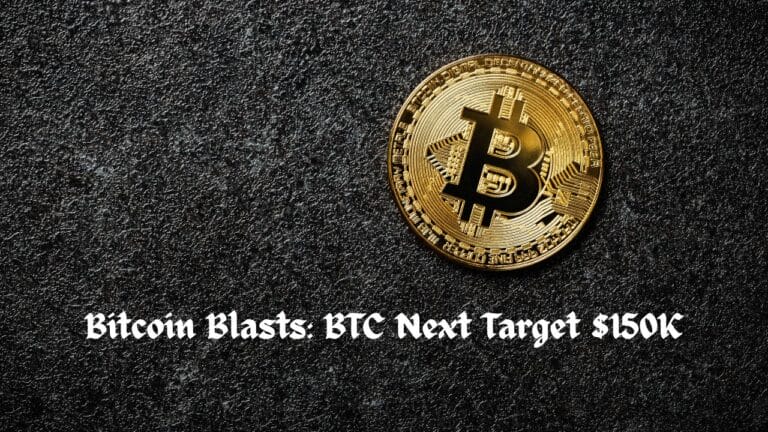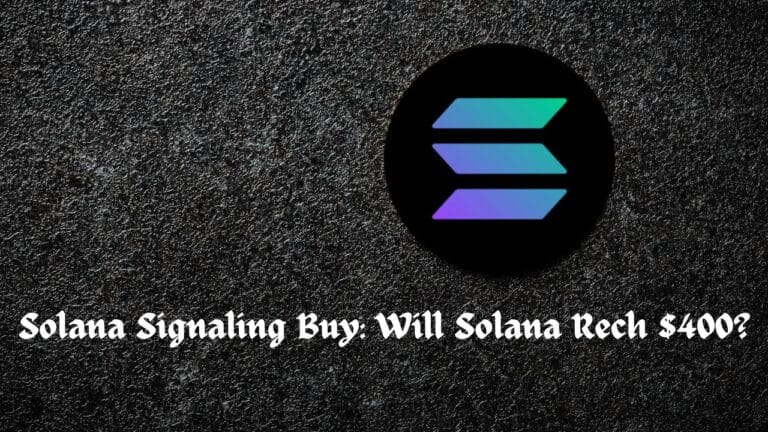Key Takeaways
- The Federal Judge dismissed the SEC’s claim that secondary sales of BNB tokens qualify as securities.
- Judge rejected arguments that the SEC cannot bring enforcement actions against crypto entities under the “major questions doctrine,”
In a significant legal development, US District Judge Amy Berman Jackson had dismissed the SEC’s claim that secondary sales of BNB token qualify as securities in the ongoing lawsuit between SEC and Binance
While the judge dismissed part of the SEC’s lawsuit, other charges, including those against the holding company for Binance.US, will proceed.
On June 28, Judge Amy Berman Jackson of the District Court for the District of Columbia ruled that the SEC’s charges against Binance for the initial coin offering and ongoing sales of BNB, BNB Vault, staking services, failure to register, and fraud can proceed. However, she granted Binance and founder Changpeng Zhao’s motion to dismiss charges tied to secondary BNB sales and the Simple Earn program.
Claims related to Binance’s staking program, the sale of BNB after its initial coin offering, and anti-fraud violations will proceed, Judge Jackson stated in a court filing. Additionally, the SEC’s claim that former Binance CEO Changpeng “CZ” Zhao acted as a “control person” will move forward, as will its claim that Binance was obligated to register under the Exchange Act.
The decision wasn’t entirely in favor of the SEC. Judge Jackson dismissed claims related to BNB secondary market sales and all sales related to the Binance USD (BUSD) stablecoin. She cited Judge Analisa Torres’ ruling in the SEC’s case against Ripple Labs to support her decision to dismiss the SEC’s BNB secondary market sales claim.
Judge Jackson also dismissed the SEC’s claims related to Binance’s passive income feature, Simple Earn. A court hearing is scheduled for July 9.
The SEC sued Binance, Binance.US, and Zhao last June, alleging the exchanges were offering unregistered broker, trading, and clearing services in the U.S. for unregistered digital asset securities. The regulator has brought similar charges against Coinbase, Kraken, and recently Consensys and MetaMask.
Judge Jackson noted that the SEC had brought a plausible claim under most of the charges it filed. She emphasized the differentiation between alleged investment contracts and the tokens themselves, consistent with the Supreme Court’s definition of a security. Zhao is currently serving a four-month sentence tied to a sanctions violation charge brought by the Department of Justice and the Treasury Department. The SEC’s case against him is separate from this criminal charge.
The judge cited the economic reality of the tokens’ transactions in granting Binance’s motion to dismiss the secondary BNB sales claim, aligning with the ruling in the Ripple case. She rejected arguments that the SEC cannot bring enforcement actions against crypto entities under the “major questions doctrine”.This doctrine which is a principle of statutory interpretation applied in US administrative law cases states that courts will presume that Congress does not delegate to executive agencies issues of major political or economic significance.
Judge Jackson stated, “The Court has not been given grounds to find that the industry, while important, has the broad reach that has motivated courts to apply the doctrine to other industries.”
The SEC’s June 2023 lawsuit claimed Binance offered the sale of unregistered securities and operated illegally in the United States. In the lawsuit, the SEC filed 13 charges against Binance, accusing the exchange of mishandling customer funds and offering unregistered securities, alleging an “extensive web of deception” by the company and Zhao. Binance and CZ filed to dismiss the lawsuit about three months later, arguing that the SEC exceeded its legal authority.










